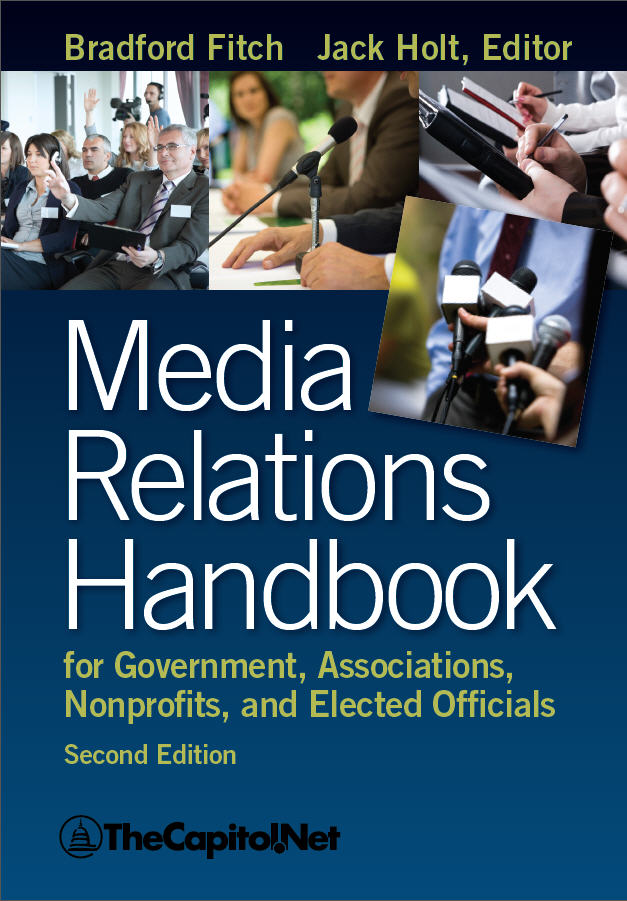Newsletters can be delivered electronically, but there are still differences that set them apart from web sites. One of the most important differences is that while people visit a web site when they need to find something specific, a newsletter is personal and provides the basis for an ongoing relationship regardless of how it is delivered.

When creating a newsletter, keep the content subject-oriented, not self-congratulatory. The content of the newsletter can be persuasive but avoid appearing merely self-serving.
One goal of sending out a newsletter is to encourage people to visit your web site, so include links throughout the newsletter that link to  specific sections of your website.
specific sections of your website.
The newsletter should include information that is not yet available to the general public. By providing details that are not yet available in the off-line media you will be able to encourage your readers to continue looking for the arrival of your newsletter.
One question asked about electronic newsletters is how often they should be sent. There are no hard and fast rules for how often you should send out electronic newsletters. Newsletters that provide interesting and relevant information can be sent on a daily basis. Other newsletters are better suited for a weekly format. If you separate your newsletters by more than a month, you run the risk of readers forgetting you. However, providing your readers with information that is timely and relevant is more important than sticking to an arbitrary schedule. If something newsworthy has occurred, feel free to send out a special edition even if it is not yet time for a new edition to be sent.
Finally, offer recipients the choice of HTML or text versions of your newsletter. Some people simply do not want to have HTML files clogging up their email, while others prefer the flexibility it provides, so give them a choice.
Reference: Media Relations Handbook, by Brad Fitch, Section 6.1 Tips for Email and E-newsletters
For more than 40 years, TheCapitol.Net and its predecessor, Congressional Quarterly Executive Conferences, have been teaching professionals from government, military, business, and NGOs about the dynamics and operations of the legislative and executive branches and how to work with them.
Our custom on-site and online training, publications, and audio courses include congressional operations, legislative and budget process, communication and advocacy, media and public relations, testifying before Congress, research skills, legislative drafting, critical thinking and writing, and more.
TheCapitol.Net is on the GSA Schedule, MAS, for custom on-site and online training. GSA Contract GS02F0192X
TheCapitol.Net is now owned by the Sunwater Institute.
Teaching how Washington and Congress work ™

